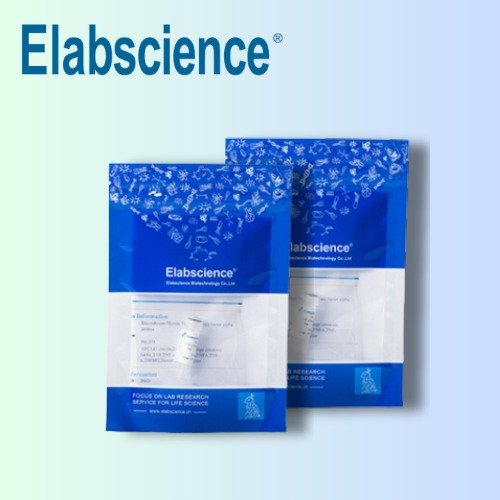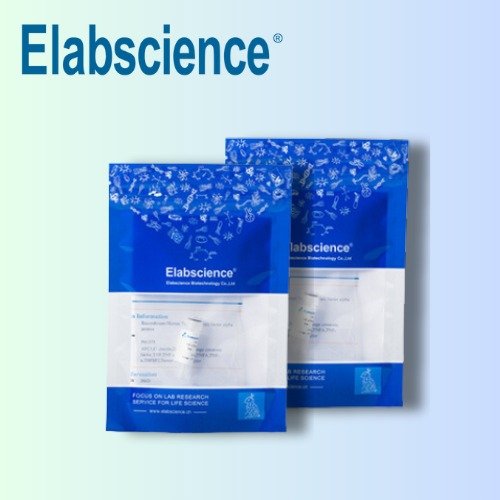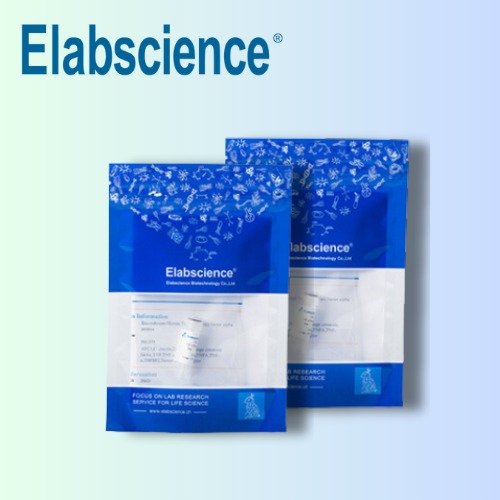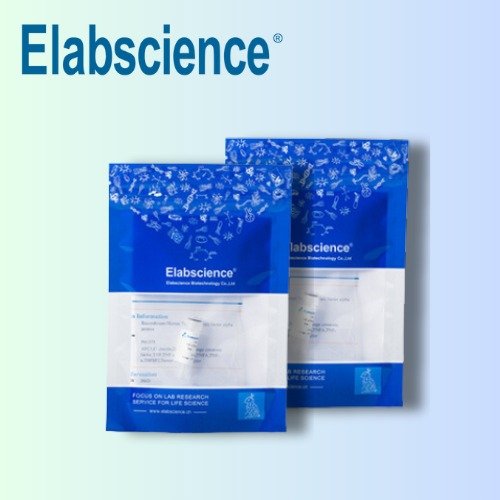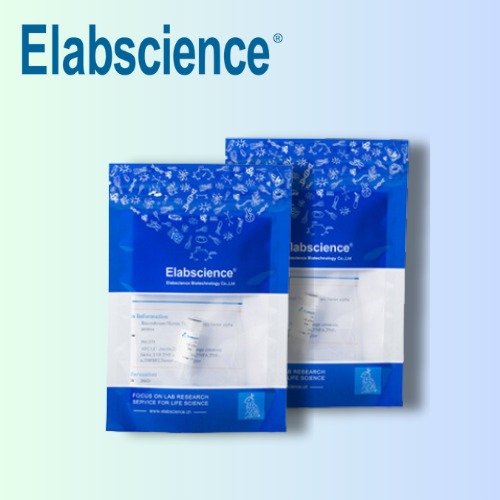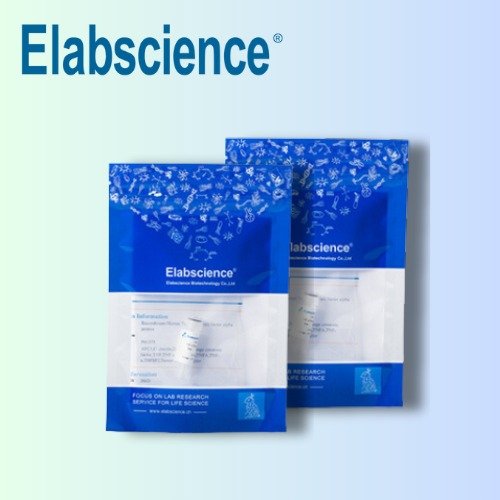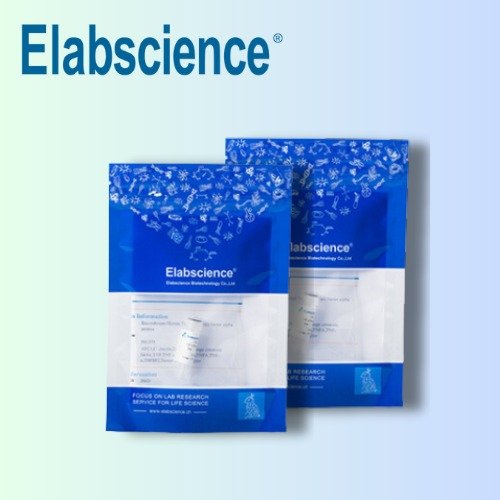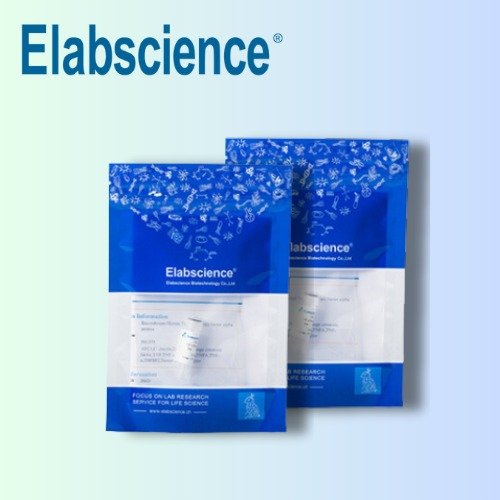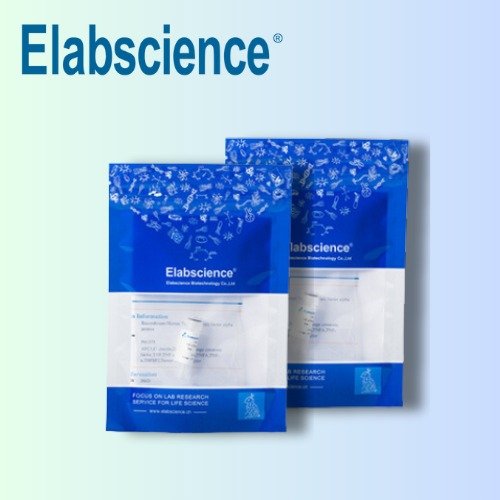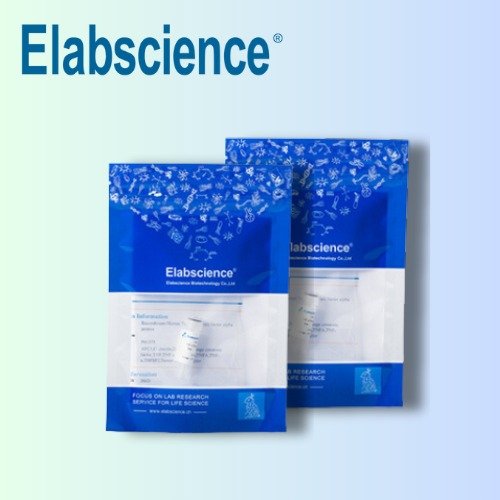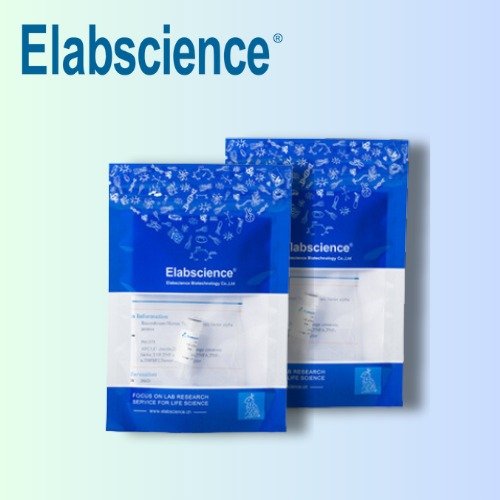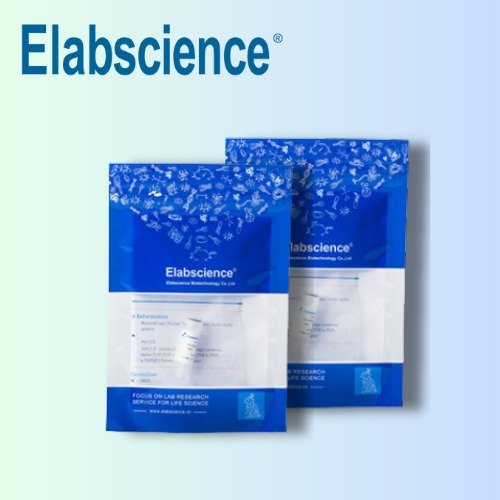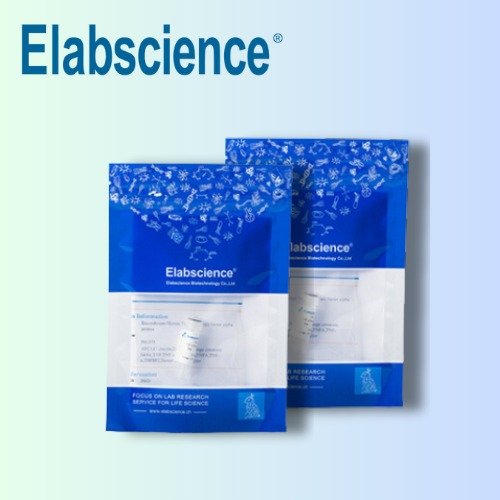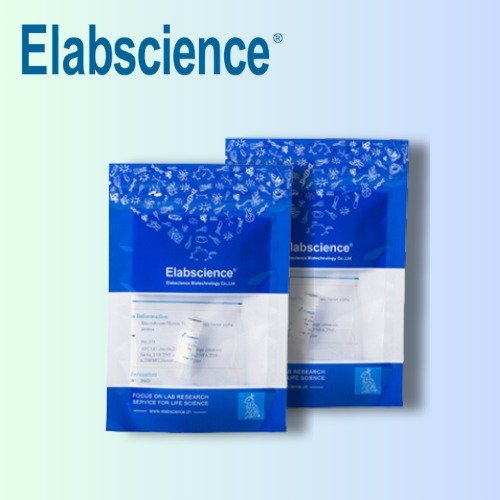Recombinant Mouse NOV/CCN3 Protein(Fc Tag)
Cat No.: PDMM100168 | Size: 500μg, 100μg, 20μg, 1mg
| Synonyms | CCN, CCN family member, NovH, CCN family member 3, Nephroblastoma-overexpressed gene protein homolog, Protein NOV homolog, Nov, Ccn3 |
| Species | Mouse |
| Expression Host | Mammalian |
| Sequence | Gln22-lle354 |
| Accession | Q64299 |
| Calculated Molecular Weight | 61.5 kDa |
| Observed Molecular Weight | 80 kDa |
| Tag | C-Fc |
| Bio-activity | Not validated for activity |
| Purity | > 90% as determined by reducing SDS-PAGE. |
| Endotoxin | < 1.0 EU/mg of the protein as determined by the LAL method |
| Storage | Generally, lyophilized proteins are stable for up to 12 months when stored at -20 to -80℃. Reconstituted protein solution can be stored at 4-8℃ for 2-7 days. Aliquots of reconstituted samples are stable at < -20℃ for 3 months. |
| Shipping | This product is provided as lyophilized powder which is shipped with ice packs. |
| Formulation | Lyophilized from a 0.2 μm filtered solution in PBS with 5% Trehalose and 5% Mannitol. |
| Reconstitution | It is recommended that sterile water be added to the vial to prepare a stock solution of 0.5 mg/mL. Concentration is measured by UV-Vis. |
| Background | Protein NOV homolog, also known as Nephroblastoma-overexpressed gene protein homolog, NOV, and CCN3, is a putative ligand for integrin receptors, is tightly associated with the extracellular matrix, and mediates diverse cellular functions, including cell adhesion and proliferation. CCN3 has been shown to negatively regulate growth althoμgh it promotes migration in a cell type-specific manner. This secreted protein belongs to the CCN family, and its expression was observed in a broad variety of tissues from the early stage of development, and altered expression of CCN3 has been observed in a variety of tumors, including hepatocellular carcinomas, Wilm's tumors, Ewing's sarcomas, gliomas, rhabdomyosarcomas, and adrenocortical carcinomas. Mature CCN3 protein has five distinct modules and truncated protein variants with altered function are found in many cancers. CCN3 acts throμgh the core stem cell signaling pathways including Notch and Bone Morphogenic Protein, connecting CCN3 with the modulation of self-renewal and maturation of some cell lineages including hematopoietic, osteogenic, and chondrogenic. CCN3 may affect the extracellular environment of the niche for hematopoietic stem cells. CCN3 has emerged as a key player in stem cell regulation, hematopoiesis, and a crucial component within the bone marrow microenvironment. |


